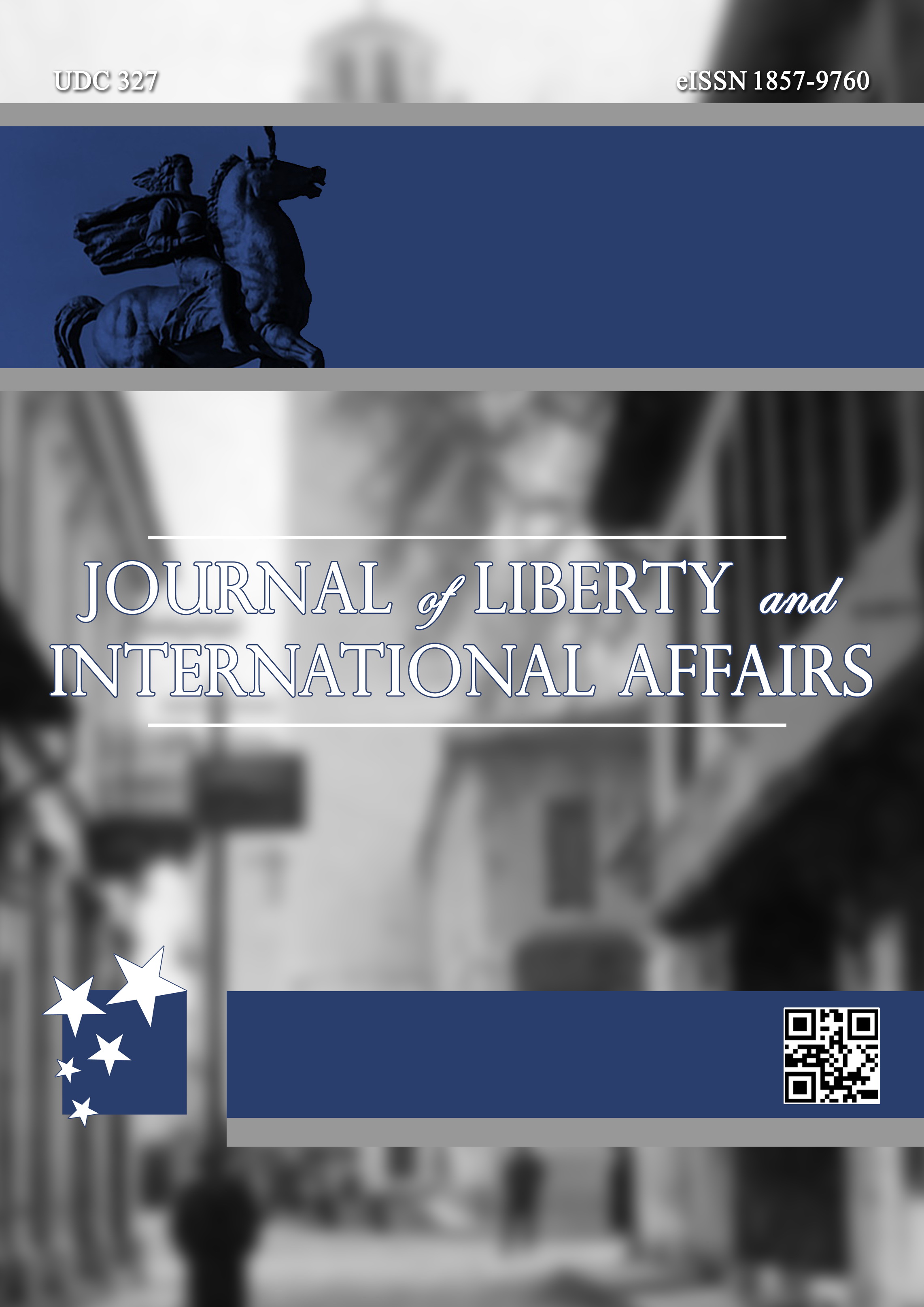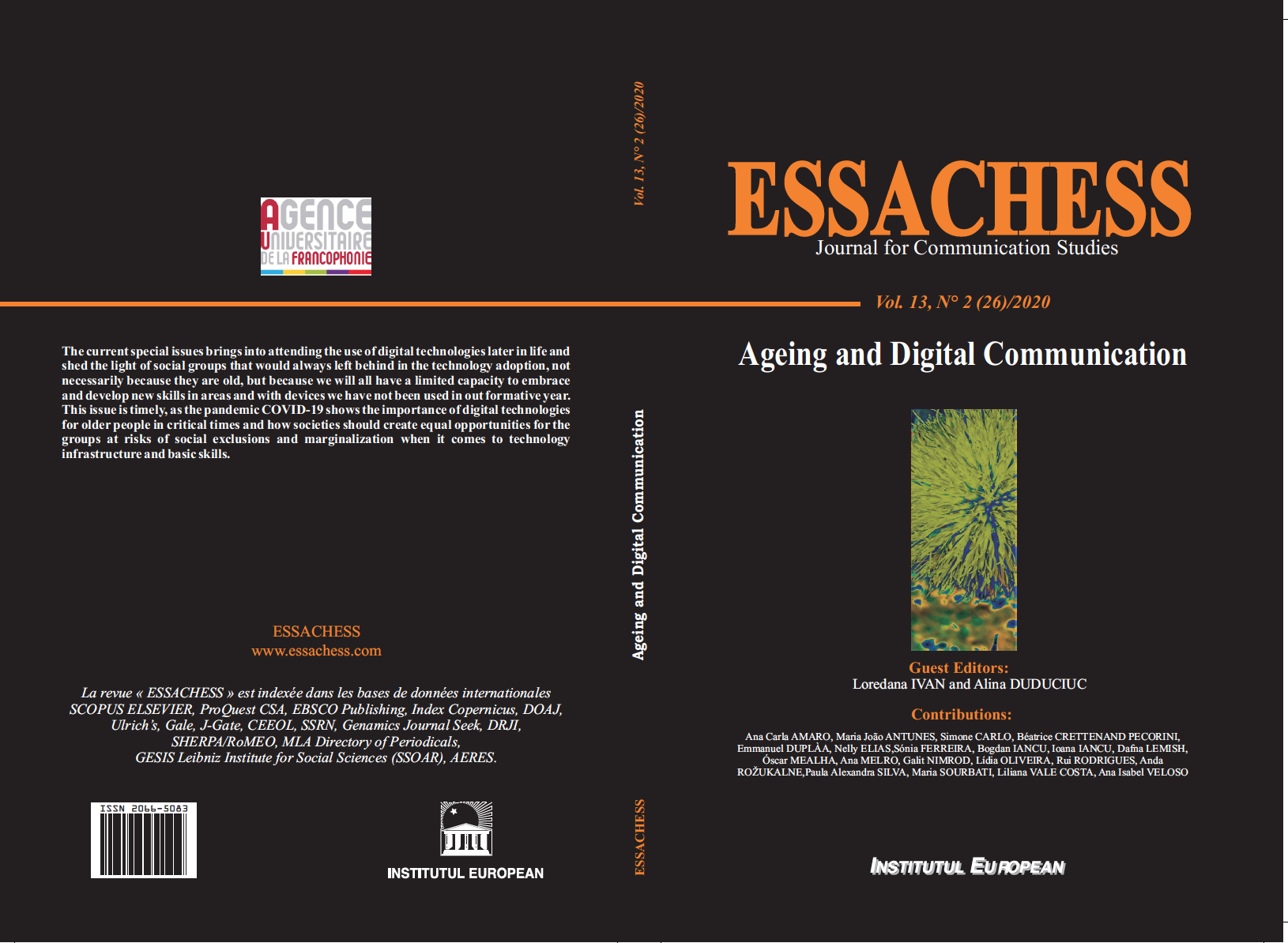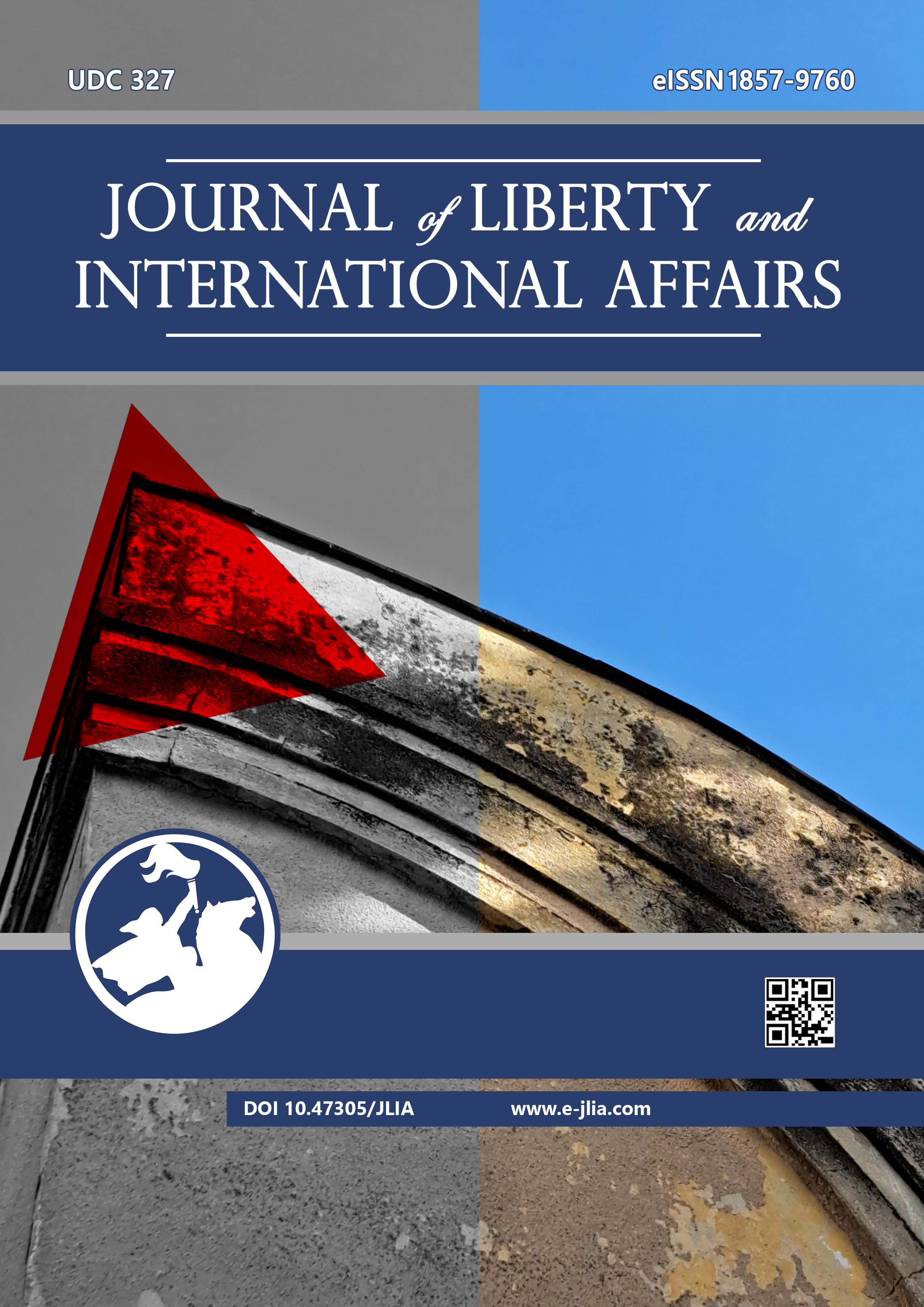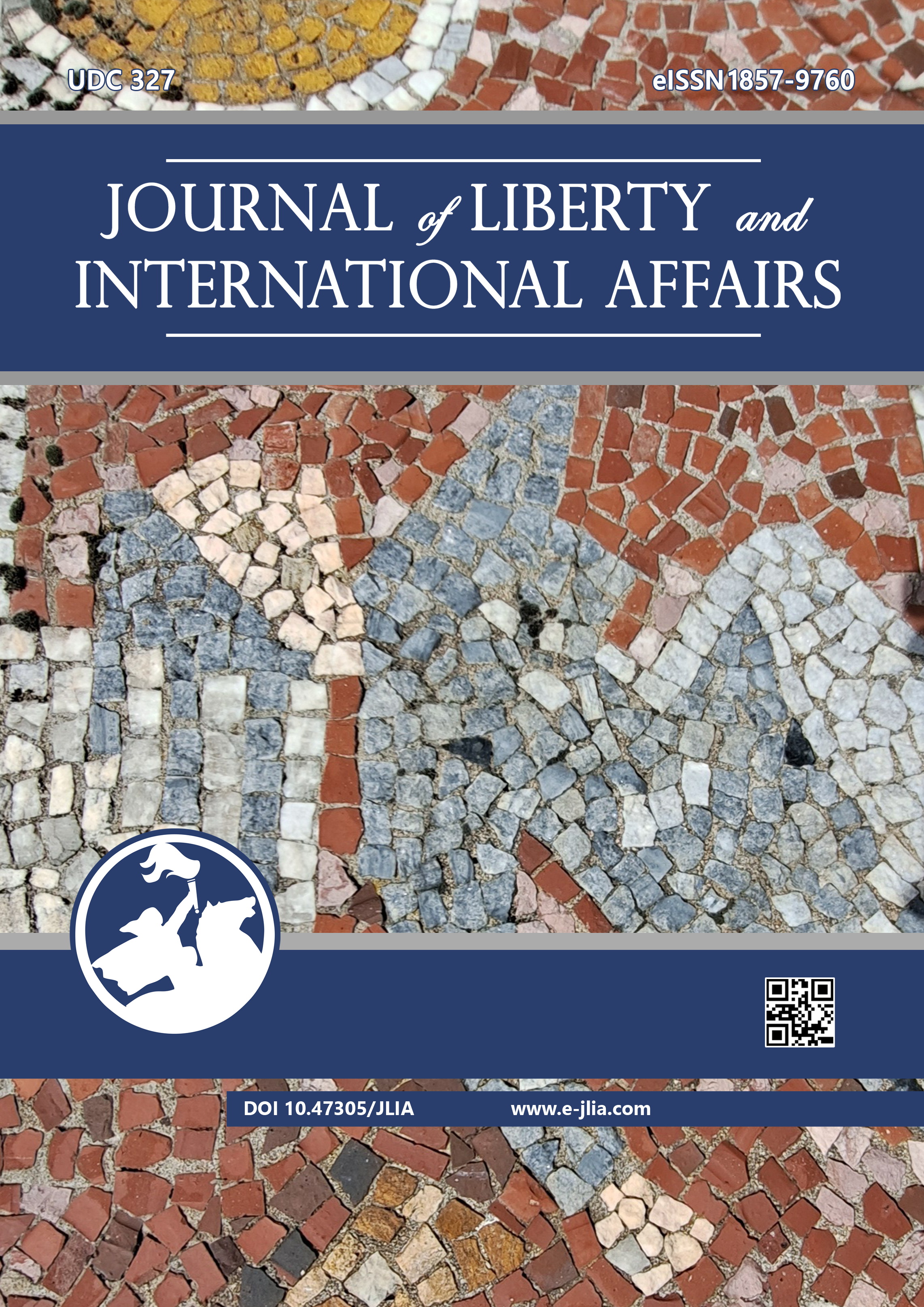
THE IDENTITY OF THE MODERN TURKISH NATION-STATE: SEVERAL POLITICAL & SOCIOLOGICAL REFERENCES
The modern Turkish state is a typical nation-state, as it is originally defined by the Westphalian international political and legal order. This essential feature of the modern Turkish nation-state is the product of the theoretical concept and the fundamental political and ideological principles and postulates of Kemalism (Kemal Ataturk), that is, the paradigm of the modern Turkish constitutionality and the modern Turkish determination of its national identity. This national identity is the identity of a nation-state, that is, the identity of a nation as a political nation, as a citizens of the modern Turkish state (nation-state). The modern Turkish national identity in this sense does not have its own classical ethnogenesis, that identity is not an ethno-national identity, but it is identity of a true nation-state that includes in itself all the special ethno-national identities, united as a Turkish national identity of a nation-state. The ethno-national identity for the paradigm of the modern Turkish national identity is exclusively only private and personal determination of individuals citizens of the modern Turkish nation-state, which does not recognize, accept or admits the constitutional-legal order of the modern Turkish state. More over, these ethno-national identities have treatment of a factor of essentially jeopardizing the integrity and cohesion of the modern Turkish nation-state.
More...






